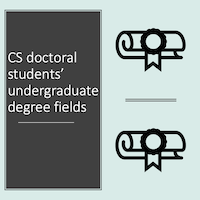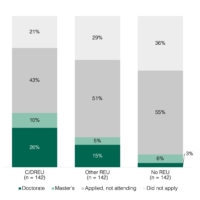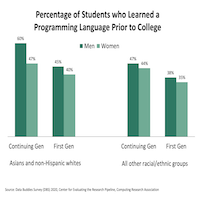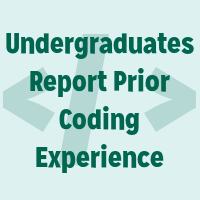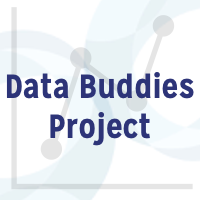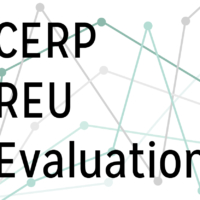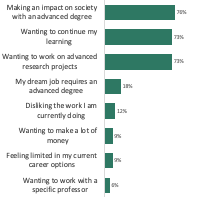
First Cohort of CSGrad4US Fellowship Candidates Seek to Make an Impact on Society with an Advanced Degree
When asked about their biggest motivations to apply to graduate school, participants in the first CSGrad4US cohort most often indicated that they wanted to make an impact on society with an advanced degree. Few participants cited reasons related to their current work situations.


